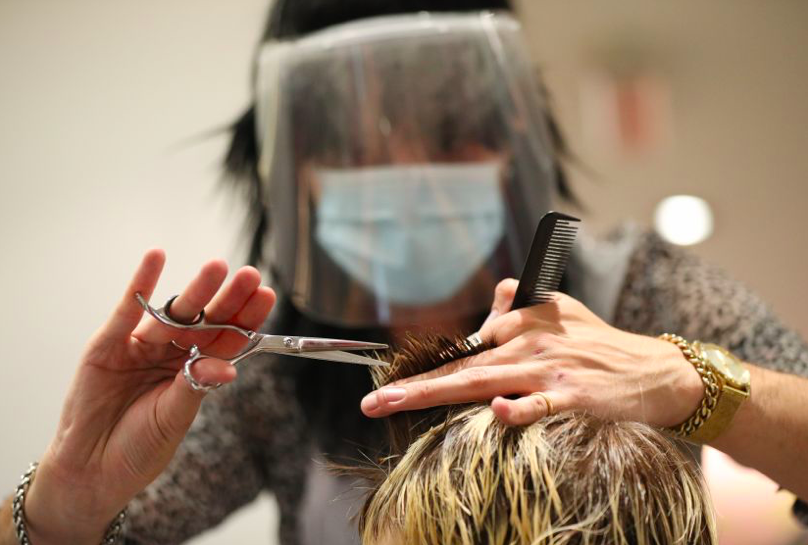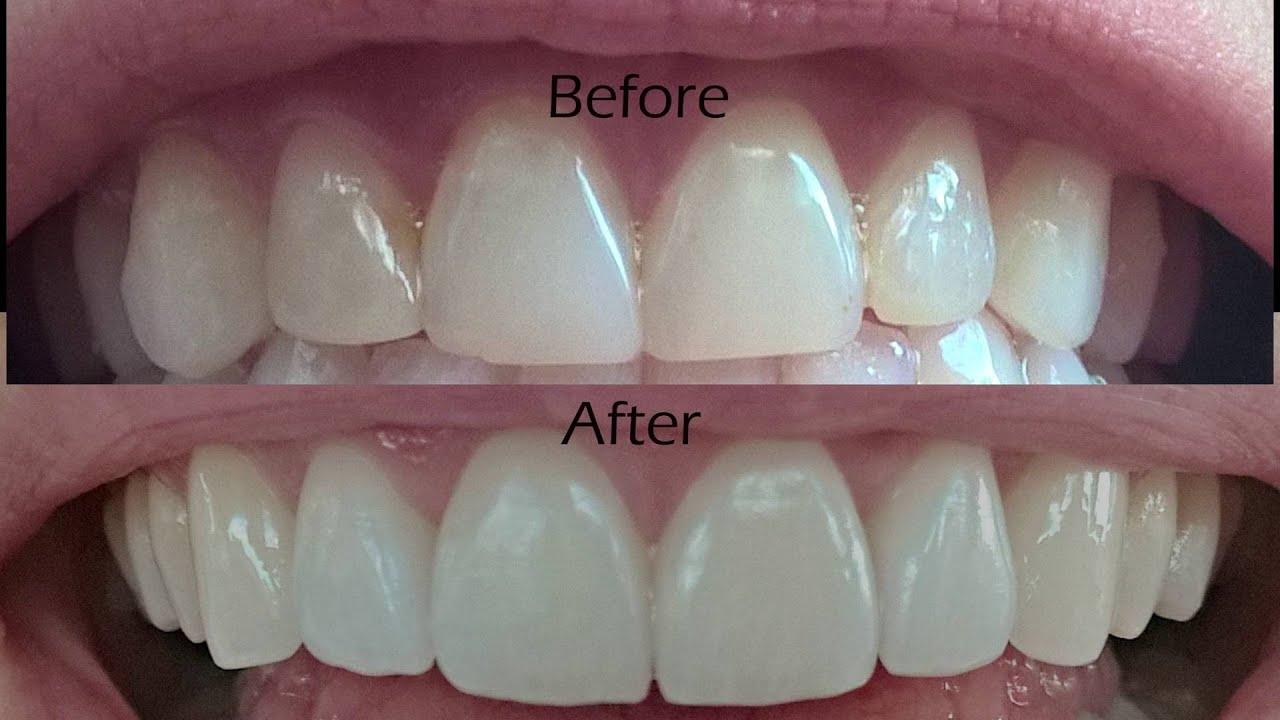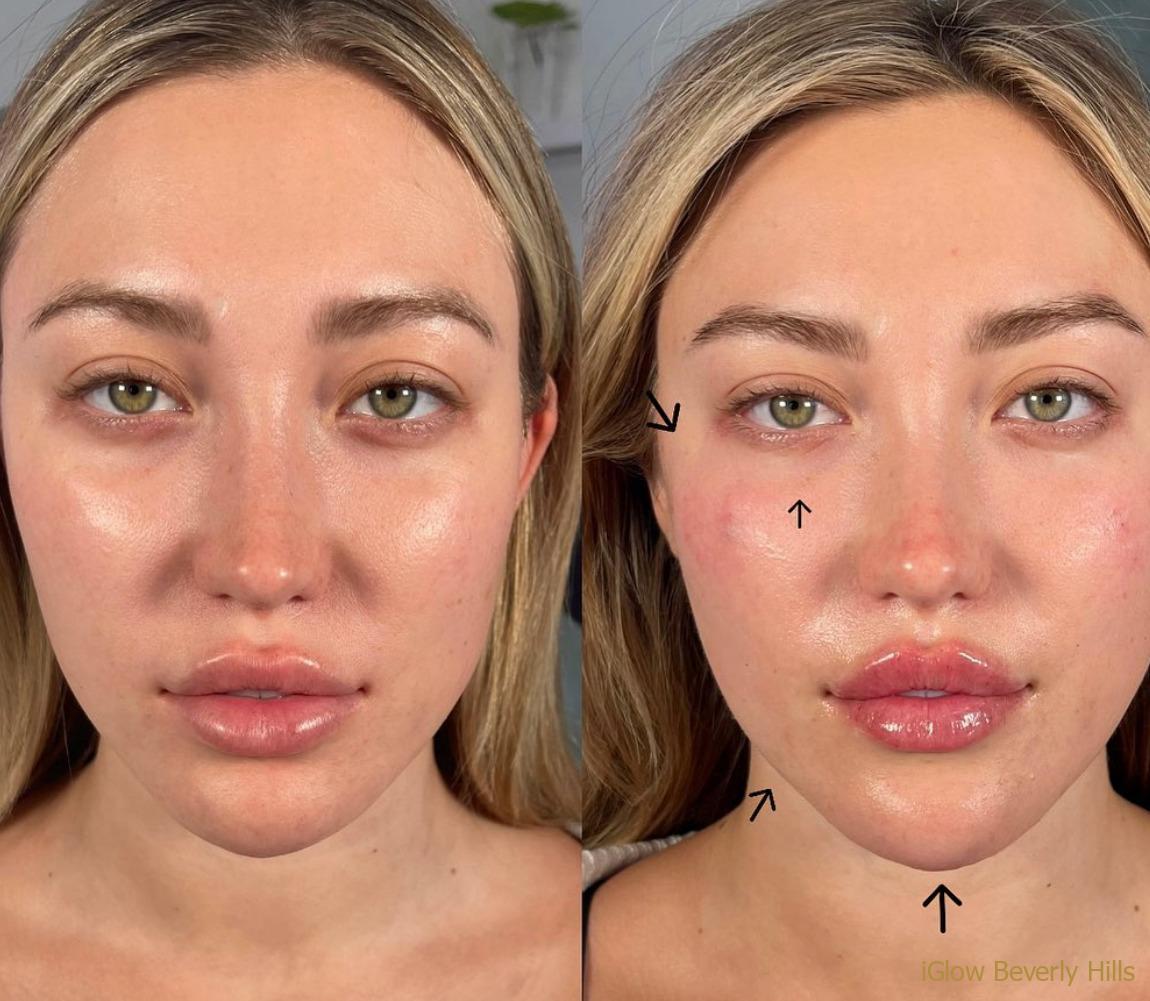When you welcome a newborn into your life, it’s common to notice hiccups and unusual breathing sounds. You might find เด็กทารกสะอึก a bit unsettling, yet they often result from your baby’s developing diaphragm or even a little overfeeding. On the other hand, cracking sounds during breathing can indicate everything from normal lung growth to potential congestion. By paying attention to these signs, you’ll be better equipped to assess your baby’s well-being. So, what should you do if these occurrences become concerning? Let’s explore the essential steps you can take to ensure your newborn’s health.
Common Causes of Baby Hiccups
Hiccups in babies are quite common, and understanding their causes can help alleviate any concerns you might have. Babies often experience hiccups due to their immature diaphragms, which can contract unexpectedly. This involuntary action can be triggered by several factors.
One of the most common causes is feeding. If your baby eats too quickly, they may swallow air along with milk, leading to hiccups. Similarly, overfilling their tiny stomachs can also cause discomfort, resulting in hiccupping.
Another factor is emotional excitement or sudden changes in temperature. If your little one gets too excited during playtime or experiences a temperature shift, it can cause those little hiccups to pop up.
Lastly, keep in mind that hiccups are usually harmless and don’t indicate any serious health issues. While they might seem annoying, most babies won’t even notice them.
You might find that gentle rubbing on their back or prompting them to burp can help ease the hiccups. If they persist or seem uncomfortable, consult your pediatrician for reassurance. Remember, hiccups are a normal part of babyhood as they learn to navigate their new world!
Understanding Cracking Breathing Sounds
Cracking breathing sounds in newborns can understandably cause concern for new parents. When you hear those sounds, it might sound alarming, but it’s often a normal aspect of your baby’s development.
These cracking or popping noises usually come from the air moving through the smaller air passages in their lungs, especially when your baby is breathing out.
Newborns have tiny airways, and as they breathe in and out, you might hear irregular sounds as a result. This can be more pronounced if your baby is congested or has recently been crying, as mucus can create added noise.
Sometimes, the sounds can be caused by fluid remaining in your baby’s lungs after birth. In many cases, as your baby continues to grow and develop, and their airways become larger, these sounds will diminish.
It’s also essential to consider your baby’s overall comfort and behavior. If they’re feeding well and resting comfortably, those cracking sounds mightn’t be a cause for concern.
Just keep an ear out, and if anything seems off, you can always reach out for guidance.
When to Consult a Pediatrician
It’s important to know when to consult a pediatrician regarding your newborn’s health, especially if you notice any unusual symptoms. If your baby has persistent hiccups that last for more than 30 minutes or occur frequently throughout the day, it’s worth mentioning to a doctor.
While hiccups are common, a notable change in frequency or duration could indicate an underlying issue.
Additionally, pay attention to your newborn’s breathing. If you hear any wheezing, grunting, or if their breathing seems labored, don’t hesitate to reach out. Signs like a decrease in appetite, excessive fussiness, or lethargy can also warrant a visit.
Unusual skin color, particularly a bluish tint around the lips or extremities, is another red flag that needs immediate attention.
If your newborn is showing signs of dehydration—such as fewer wet diapers, dry mouth, or extreme irritability—it’s essential to speak with your pediatrician right away.
Tips for Soothing Hiccups
When you notice your newborn experiencing hiccups, there are several effective strategies you can try to soothe them. First, try gently holding your baby upright for a while, as this can help reduce pressure on their diaphragm. If they’ve been feeding, wait a few minutes before laying them down to offer a little relief.
You can also gently rub or pat your baby’s back. This action may help encourage them to burp, which can relieve some of the gas that might be causing the hiccups.
Sucking can also help, so if your baby uses a pacifier, offer it to them. The sucking motion could ease the spasms.
Another option is to take a brief pause during feedings. Slow down and take breaks to avoid overfeeding and minimize air intake. If you’re bottle-feeding, ensure the nipple flow isn’t too fast, as this can lead to more air swallowing.
Lastly, don’t panic; hiccups are common in newborns and typically resolve on their own. If your baby seems uncomfortable or hiccups persist for an extended period, consult your pediatrician for advice and reassurance.
Monitoring Your Newborn’s Breathing Patterns
Keeping an eye on your newborn’s breathing patterns is crucial for their health and well-being. You should observe the rate, rhythm, and any unusual sounds they make while breathing. A normal breathing rate for newborns ranges from 30 to 60 breaths per minute, but this can vary. Don’t worry if you notice some fluctuation; it’s natural for their breathing to speed up or slow down, especially during sleep.
Pay attention to any signs of distress, like grunting, flaring nostrils, or a persistent cough. If your baby seems to be working hard to breathe—such as using their chest muscles or showing a bluish tint around the lips—don’t hesitate to seek medical advice immediately.
Monitor how your little one breathes during feedings, too. If they’re easily fatigued or show signs of struggling, it may indicate underlying issues.
Keeping a log of your newborn’s breathing patterns can be helpful for doctor appointments. Sharing this information can lead to quicker assessments.
Conclusion
In summary, understanding baby hiccups and cracking breathing sounds is essential for your newborn’s health. While hiccups are usually harmless and can be soothed with simple measures, it’s important to keep an eye on your baby’s breathing patterns. If you notice persistent hiccups or any unusual breathing, don’t hesitate to consult your pediatrician for peace of mind. Trust your instincts as a parent; your awareness can make all the difference in your baby’s well-being.






